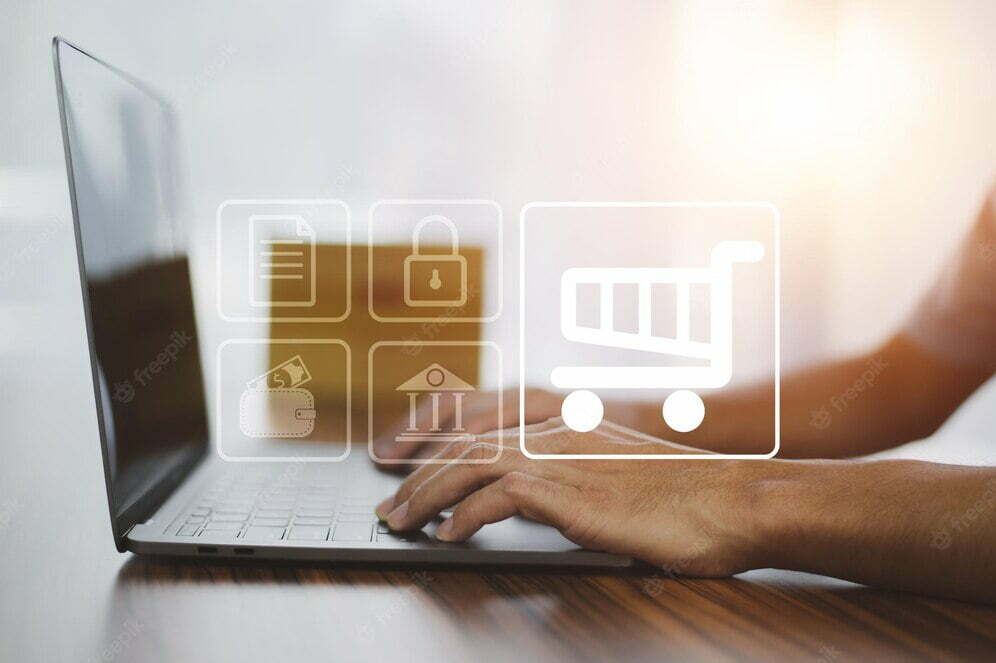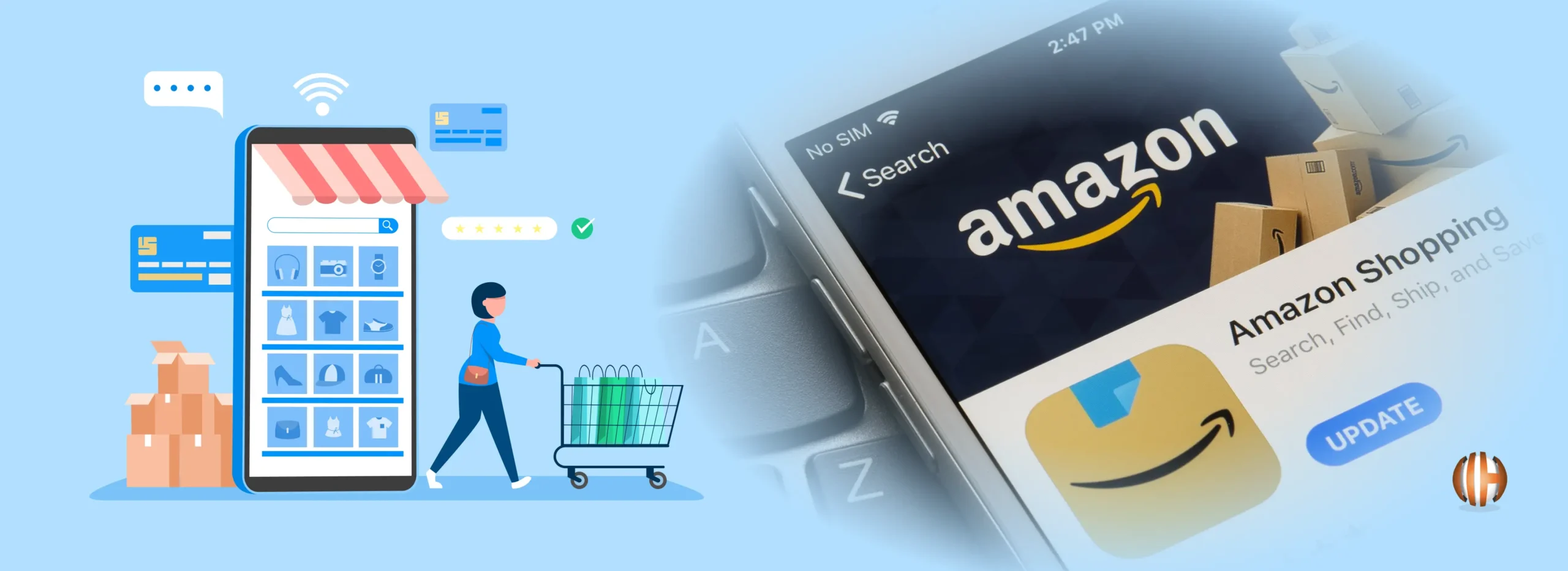- By
- eCommerce
- February 13, 2023
668 N Coast Hwy, #125 Laguna Beach, CA 92651, USA
001 760 514-8746

eCommerce development services help create a premium eCommerce experience to win demanding modern consumers. Partnering with IIH Global, you will work with certified eCommerce developers in high-performance e-commerce architectures and best UIs.
Need help with your eCommerce store project? Our eCommerce website design and development services have grown online businesses since 2013.
The cost of building an eCommerce mobile application depends on various factors such as features, functionalities, the complexity of the app, etc. However, the basic eCommerce store with minimum features will start from $1500.
At IIH Global, we offer 90 days free support and maintenance timeframe for any eCommerce service that we provide. In those 90 days, we help our clients with quality checks, resolving bugs, and other modifications on the website.
Our developers are experienced in working with many of the most popular eCommerce platforms including Shopify, WooCommerce (WordPress), Magento (Adobe Commerce), and more. We’ve also developed countless fully custom eCommerce web applications as needed to accommodate unique needs.
IIH Global is a leader in responsive web design and has developed using responsive web design technology for years. With mobile web sales multiplying, it is more important now than ever before to have a mobile-optimized eCommerce site. Every website we build is responsive, and you’ll work with your eCommerce designer to design both desktop and mobile eCommerce website user interfaces.
At IIH Global, we give you two options for themes. One is you can either buy current themes from us or you can choose to develop custom themes at cost-effective rates.
The time required to build an ecommerce website depends on the features and technologies you want to include in your store. The more complicated the features, the more time it will take for the development process. The basic model with basic features will take more or less 3-6 weeks depending on the number of resources being assigned to the project.
With online shopping booming to over 800B in sales it’s clear offering your products for sale online is a must. While most B2C businesses have embarrassed eCommerce, B2B businesses are now moving to online portals allowing their customers to purchase online as well. These days customers expect to be able to place an order online, at any time they want, without having to talk to a sales representative.
Explore the Latest Blogs on Trends and Technology.




